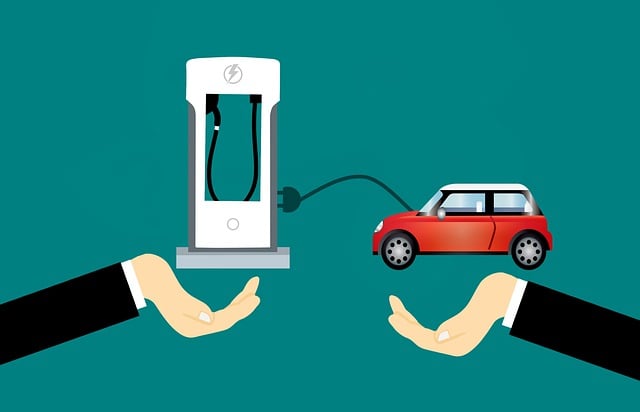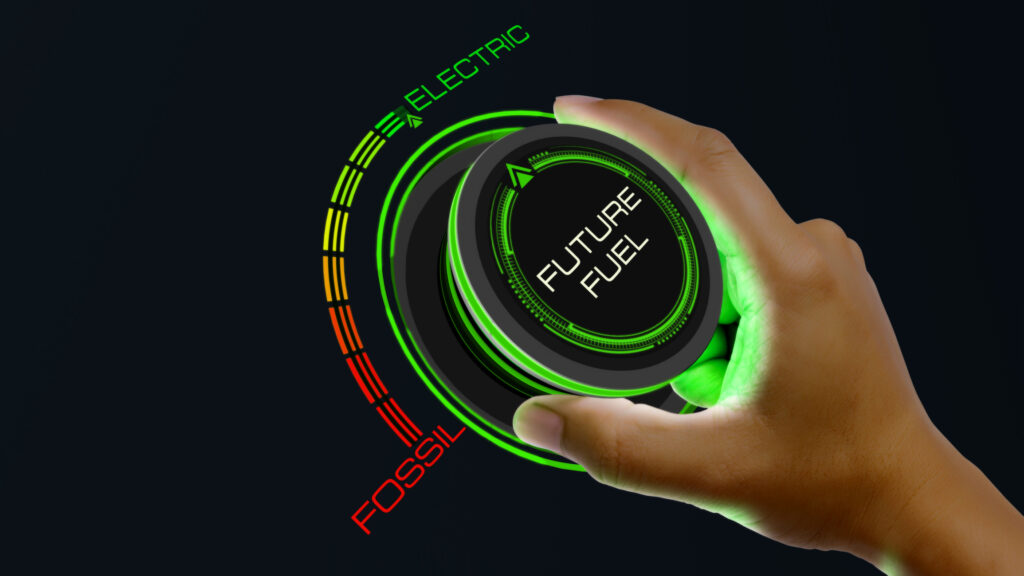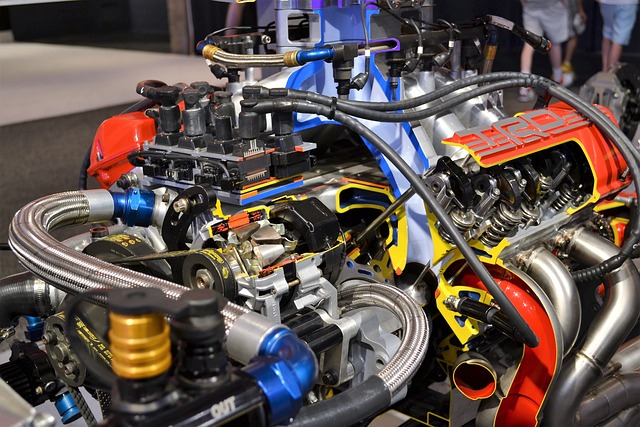As the world moves towards a more sustainable future, electric vehicles (EVs) are gaining significant traction in the automotive industry. With their numerous environmental and economic benefits, an increasing number of fleet managers are transitioning their vehicle fleets from traditional internal combustion engines to electric power. However, managing and maintaining an electric vehicle fleet requires careful consideration of unique factors that differ from conventional vehicles. In this article, we will explore the key considerations that fleet managers need to keep in mind when it comes to electric vehicle maintenance.
Understanding the Battery Technology: The battery is the heart of an electric vehicle, and understanding its technology is crucial for effective maintenance. Fleet managers should familiarize themselves with the different types of batteries used in EVs, such as lithium-ion (Li-ion), nickel-metal hydride (NiMH), or solid-state batteries. Each type has its own characteristics and requires specific care and maintenance practices. Educating maintenance staff about battery management, including optimal charging practices and temperature control, is essential to maximize battery life and ensure optimal performance.
Establishing Charging Infrastructure: Unlike conventional refueling, EVs require a reliable charging infrastructure to maintain their operational efficiency. Fleet managers must evaluate the charging needs of their electric vehicle fleet and develop an appropriate charging infrastructure plan. This includes determining the number and type of charging stations required, their locations, and the available charging speeds. The charging infrastructure should be easily accessible, well-maintained, and equipped with necessary safety measures to minimize downtime and ensure smooth operations.

Routine Inspections and Maintenance: Regular inspections and maintenance routines are essential to keep electric vehicles in optimal condition. Fleet managers should establish a comprehensive maintenance schedule that includes routine checks of critical components such as brakes, tires, suspension, and cooling systems. Additionally, battery health diagnostics, software updates, and regular firmware upgrades are necessary to ensure peak performance and identify potential issues proactively.
Training and Skill Development: Electric vehicles operate on advanced technology, requiring specialized knowledge and skills for maintenance and repairs. Fleet managers should invest in training programs for their maintenance staff to ensure they are equipped with the necessary expertise to handle electric vehicle repairs. This includes understanding high-voltage systems, electric drivetrain components, and diagnostics tools specific to EVs. Adequate training will help reduce downtime and ensure effective troubleshooting and repairs when required.
Collaborating with OEMs and Service Providers: Establishing a strong partnership with original equipment manufacturers (OEMs) and authorized service providers is crucial for efficient electric vehicle maintenance. These partnerships enable fleet managers to access expert advice, genuine parts, and specialized tools for repairs and maintenance. OEMs and service providers can also provide valuable insights on best practices, software updates, and potential recalls, ensuring that fleet managers stay up-to-date with the latest advancements in EV technology.

Data Monitoring and Analysis: Electric vehicles generate a wealth of data that can be used to monitor performance, identify potential issues, and optimize maintenance practices. Fleet managers should leverage telematics systems and software solutions to collect and analyze vehicle data, including battery health, energy consumption, and driving patterns. By analyzing this data, fleet managers can optimize maintenance schedules, identify trends, and make informed decisions to improve overall fleet performance.
Emergency Preparedness: Being prepared for emergencies is crucial in maintaining an electric vehicle fleet. Fleet managers should develop contingency plans for situations such as vehicle breakdowns, accidents, or power outages. This includes establishing protocols for towing electric vehicles safely, ensuring the availability of backup charging options, and having a well-defined communication plan in place to minimize disruptions and downtime.
Conclusion:
Maintaining an electric vehicle fleet requires a strategic and proactive approach. By understanding the unique considerations associated with electric vehicle maintenance, fleet managers can ensure the longevity, performance, and reliability of their electric vehicle fleets. From battery management and charging infrastructure to routine inspections and data analysis, each aspect plays a crucial role in optimizing fleet operations. By embracing these considerations and adapting maintenance practices accordingly, fleet managers can maximize the benefits of electric vehicles and contribute to a sustainable future.

